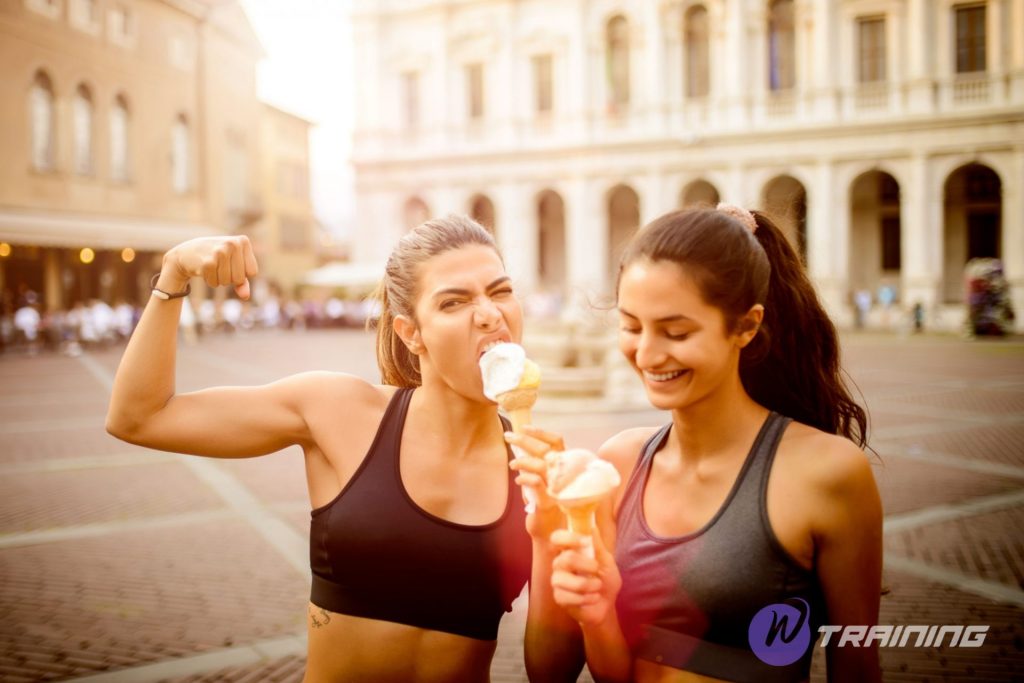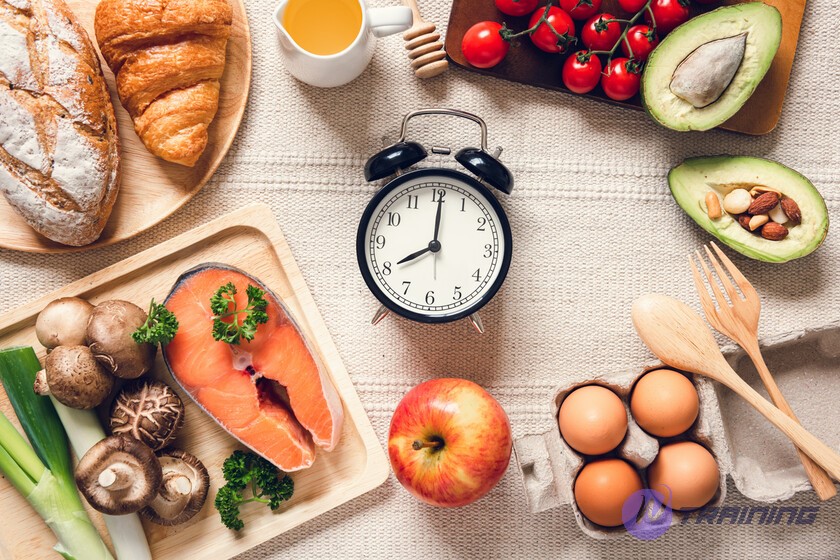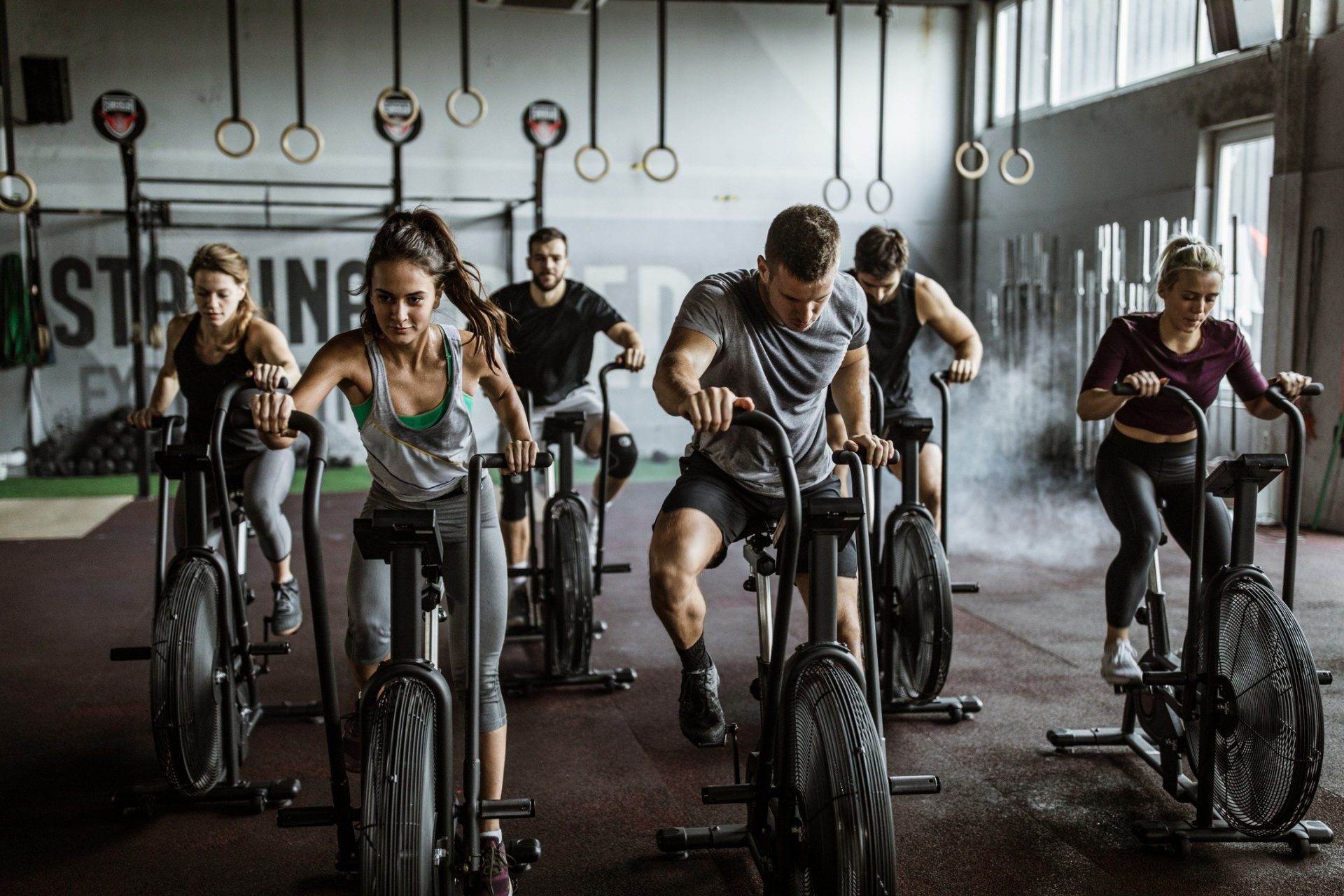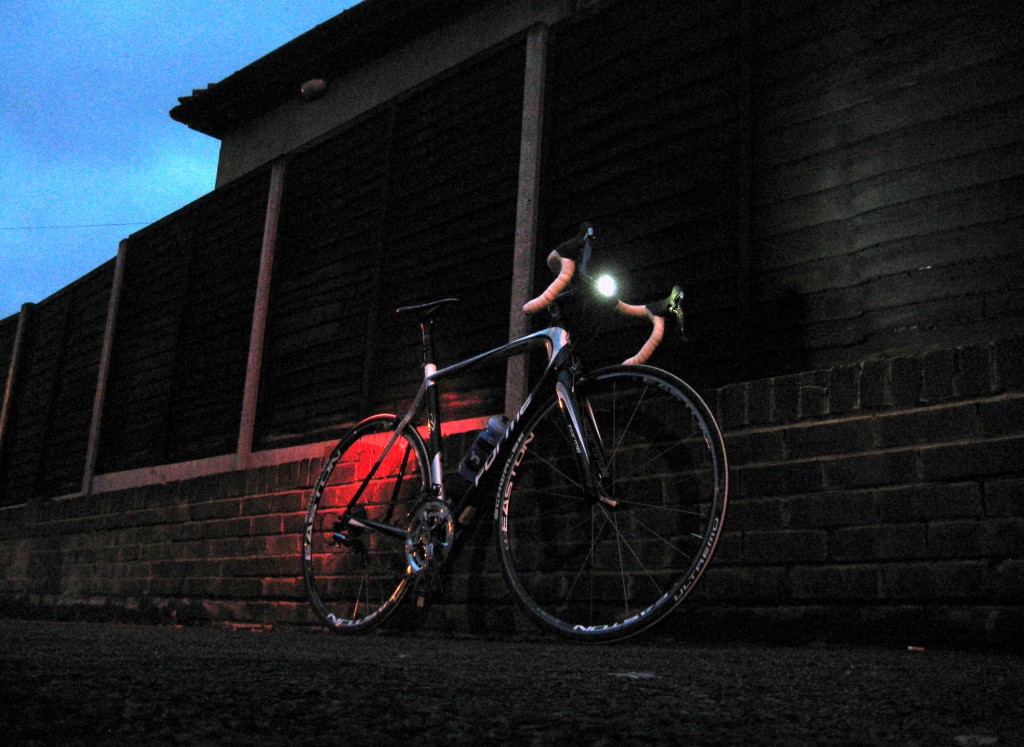Healthy meals are extremely important if you want to conquer running distances over 10km. To complete the best race, you will have to reserve energy before as well as during running. This article will give you a detailed healthy meal plan for runners for marathon training that you can use.
Nutrition for marathon runners
1. What to eat for the best meal plan for runners?
-
Carb – Energy Source For Running
This is the main source of energy for you to conquer long-distance runs for hours. If you do not eat enough carbs, 100% of you will not be able to complete your race. You can eat all kinds of unrefined carbs and should avoid all refined or overprocessed carbs (cakes. White bread, sugary sweet drinks …).
Therefore, always eat full carbs during exercise, before running and while running. Calories that come from carbs should account for about 50-60% of the total daily calories.
There are a lot of carb sources, however, according to the experience of professional athletes, the days before running, you should use a lot of slow-absorbing carbs such as sweet potatoes, black bread … to help the body. Better energy storage as well as releasing energy when running for longer.
-
Protein – Helps To Help Strong Muscles
Besides having enduring energy, you also need to have a good muscle to be able to run faster, helping to destroy your own PR. Protein is the most important nutrient for you to build your muscles. It also makes post-jogging more efficient.
For sports trainees, the daily protein needs ranging from 18-25g / kg in or deep is only higher for some people. So in order to know exactly what range you need to eat, you need to carefully evaluate it. The high salary comes from protein, so it is about 20-25%.
-
Fat – The 2nd Source of Energy Of The Body
Fat is also a source of energy for the body. Although it is also involved in providing energy to the body, it is highly effective only with low-intensity running.
It may not sound very important to a long-distance vegetarian, but it also helps a lot when your carb sauce is low, besides, it also enhances the absorption of vitamins and minerals for the body. You should eat 15 to 20% of the calories that come from fat.
-
Vitamins And Minerals – Immune Booster
Regular jogging will have a lot of lesions that cause inflammation. Supplementing enough vitamins will help restore and repair inflammation more smoothly, helping you recover from training or injury in the fastest way. You should eat 5 colors from plants every day to fully supplement the necessary amount of vitamins.
2. What not to eat for the best meal plan for runners?
- Don’t eat a lot of fat, fiber or indigestible fats before a run. This will reduce your running performance
- Do not eat strange dishes. Your system has never adapted to these foods before, most likely causing many undesirable symptoms.
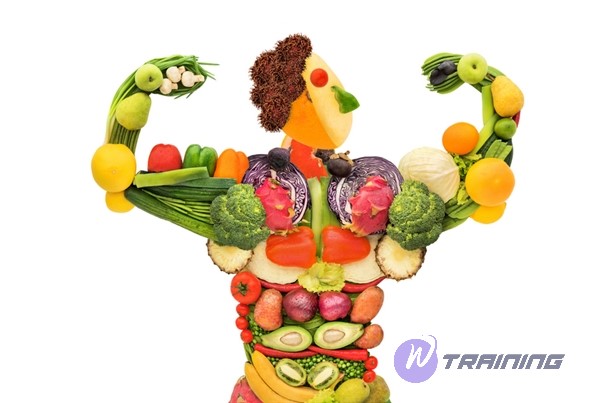
Building a healthy meal plan read: Healthy Meal Plan For Weight Loss
Construction steps
1. Ensure all the nutrients mentioned above
All 4 nutrients we all need to fully supplement in our daily meals. And you also need to remember that the numbers and ratios will depend on the weight of the exercise intensity as well as the physiology of each person. Experiment with each ratio to find your own recipe.
The three basic rules for running for a healthy athlete are:
- Balance
- Diversity
- Have control
2. Calculate the amount of water to drink
We all know the recommended amount of water to drink is 2 liters of water per day. However, the actual amount of water per person is very different depending on the energy needed as well as the intensity of your exercise. To be able to find out the amount of water you need to drink daily, you can calculate the following formula
Daily water intake (in ml) = (Weight * 35) + (Hours of exercise: 750)
For example, if you weigh 60kg and train for 2 hours, the amount of water to drink is (60 * 35) + (2 * 750) = 3600 ml (equivalent to 3.6 liters / day).
In addition, you must always prepare electrolytes. Electrolytes will be a great savior in case you experience cramps while running.
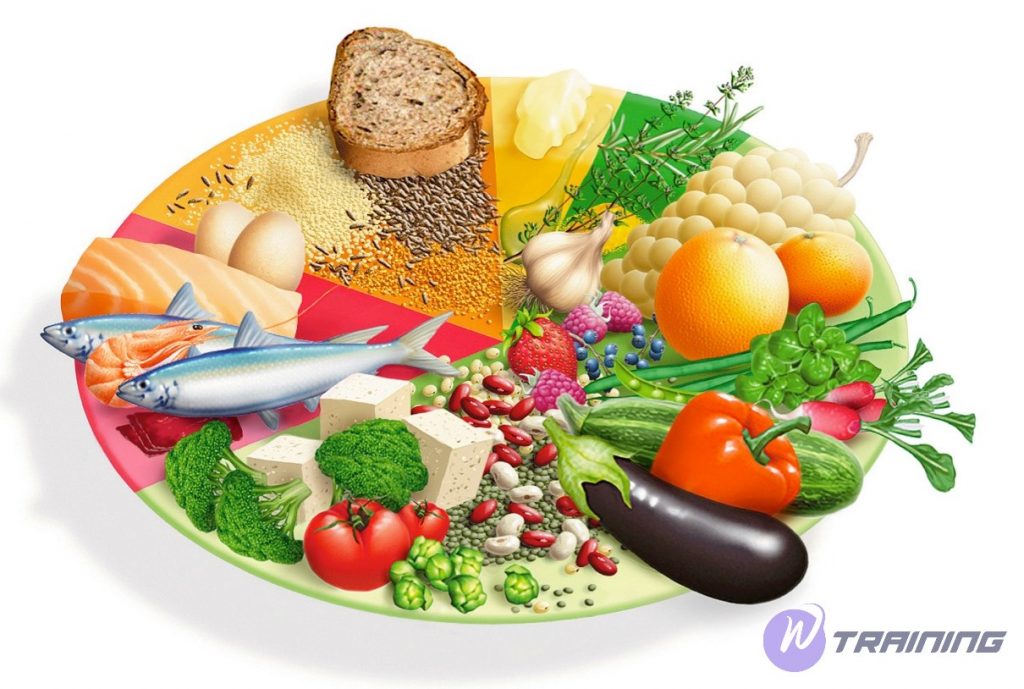
Top recommended foods for a meal plan for runners for marathon training
1. During training
-
Suggestions for breakfast
-
- Oatmeal Banana Pancakes with nut butter
- Scrambled eggs with spinach
- Smoothie
- Oatmeal Banana Pancake
- Pumpkin Spice Superhero Muffin
- Hard-Boiled egg
- Seasonal fruit
- Rad Raspberry Beet Smoothie Bowl
- Tempeh Scramble
- Whole grain toast
- Butter
- Seasonal fruit
- Salad
-
Suggestions for lunch
-
- Grain Salad (farro, beets, Brussels)
- Chicken
- Hard-Boiled egg
- Meatballs
- Simple salad
- Salmon
- Baguette
- Broccoli Chevre Soup
- Quinoa Salad
-
The healthy snacks suggested
-
- Savory Pretzel
- Pumpkin Spice
- Honey Cardamom
- Granola
- Milk
- Yogurt
- Apple slice
- Nut butter
- Honey Cardamom
-
Suggestions for dinner
-
- Turkey Meatballs
- Simple Marinara
- Rice or pasta
- Simple salad
- Miso Butter Salmon
- Miso Fast Greens
- Sweet Potatoes
- Brown rice
- Roasted veggies
- Avocado
- Quinoa Salad
- Grilled steak
- Bison Chili
- Baguette
2. Prepare for the track
-
The night before the running sessions
Before running, both practice and competition, you should follow the instructions below.
During daily training, if you run early in the morning (most competitions will run early in the morning), the night before a fast, you need to eat foods containing a lot of carbohydrates, then get up in the morning before running. you just need to nibble on a moderate amount of carbs.
An example of dinner is to eat a cup of sweet potatoes with salmon and green vegetables. In the morning, you only need to eat 1 amount of carbs that can be quickly consumed to help you avoid stomach upset when you are vegetarian such as yogurt, nuts, dried or fresh fruits, etc. If your time is another time. And if you have more time, eat 2 hours before training. Your breakfast can be porridge with string + peanut butter, or if it’s lunch it’s whole-grain toast, hard-boiled eggs, spinach.
-
Before starting to run
A few hours before you start fasting, you can eat a variety of dishes such as
-
- If you eat 2 hours before running
-
-
- Low-fat yogurt with raisins
- Flax cereals with soy milk
- Oats with milk and fruit
- Carbohydrate with 1 low fat and 1 protein bar
-
-
- If you eat before 1 hour when running
-
-
- Have a meal that includes yogurt, a fruit smoothie or a meal replacement drink
- The protein bar is a good choice but should not contain more than 30g of carb and 8g of protein
-
-
- 10-30 minutes before running
-
-
- This time is too urgent so you can use a glass of sports drink or diluted juice or simply Energy Gel with water.
- They will add 75-100 calories to help avoid blood pressure and sugar in the color in about 30-45 minutes of fasting
-
-
While running
This is quite a difficult period for many people because after running for a while, the energy will start to run out, you cannot carry any bread, any fruit, or pray on your body. Because the first is that it adds weight to your body, your stomach can’t digest it well either.
At the running stage, the best options are energy gels or energy candies.
The use of Energy Gel will help you replenish calories to the body quickly and fully in about 1-2 hours running without eating heavy food.
The amount of Gel you bring also depends on the distance and how long you complete the race. On average, every 45-60 minutes we will use 1 pack of GEL. So you can calculate that if you run 21km for 4 hours, you will need to use about 3-4 gel packs.
Besides GEL energy you should also bring a few electrolyte tablets mixed with water when drinking, it is especially effective in preventing cramps when running under that hot weather. You should drink small sips every 15-20 minutes to ensure your body always has enough water.
-
Eat after running
After completing your run or marathon, you should begin the recovery process as soon as possible. Try to eat a snack of about 200-300 calories after a run, this meal should contain fast carbs and protein. A good example is a bread with whey protein. After the next 2 hours or so, you should have a fuller meal with Carb, Protein and Vitamins.
In conclusion, there are countless diets for runners and you should find out which works for you best. However, WellTraining hopes this article will be a good suggestion for you to build a healthy meal plan for runners for marathon training. Good health!
Read more:
28-Day Clean-Eating Meal Plan: Best Diet Plans
15 Lean Proteins You Should Be Eating: For Weight Loss
